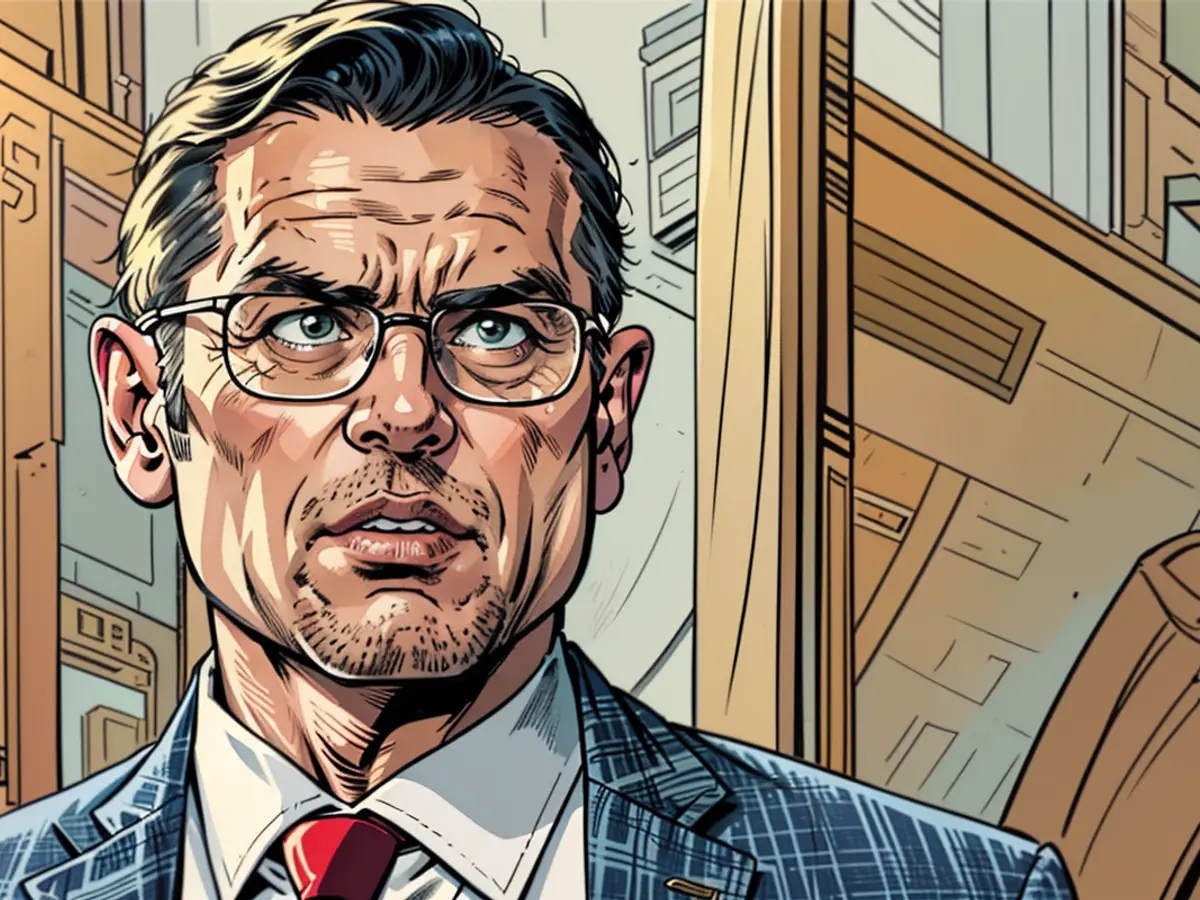Diplomacy - Ramelow defends Orban talks in Russia and China
Hungarian Prime Minister Viktor Orban's talks in Russia and China are considered important by Thuringia's Minister-President Bodo Ramelow (Left), according to the "Stern" magazine. "It is necessary to come into dialogue with all powers that can contribute to a peace process," he said. Criticism of the talks regarding the war in Ukraine he deems unwarranted.
Orban surprisingly traveled to China on Monday and spoke with State and Party Chief Xi Jinping. He had already been received by Russian President Vladimir Putin in Moscow on Friday. Many EU top politicians criticized the journey. The German government made it clear that Orban was representing Hungary as a minister-president and not acting as an EU negotiator. Hungary currently holds the EU Council Presidency.
Ramelow: Not about stylistic issues
"This is not about stylistic issues. It's about the fact that the one who represents Europe engages in unconventional dialogue with those who need a ceasefire," Ramelow said. Germany and the EU must acknowledge that their previous strategy has failed. "Europe has so far only tried to draw China to its side, but it is clear that this has not worked."
- Bodo Ramelow, the Minister-President of Thuringia, sees the diplomatic meetings of Hungarian Prime Minister Viktor Orban with both China's Xi Jinping and Russia's Vladimir Putin as crucial for potential peace processes related to the conflict in Ukraine.
- Despite criticism from various EU leaders over Orban's travels, Ramelow believes that engaging in dialogues with influential powers like China and Russia is necessary to pursue a ceasefire.
- Ramelow stresses that his critique of the criticisms regarding Orban's trips does not revolve around stylistic matters; instead, he insists that the intent is to pursue unconventional dialogues with key players like China and Russia.
- The word from Thuringia's Minister-President is that the EU must be honest about the failures of its previously adopted strategies, which have primarily focused on drawing China to its side without achieving any significant results.
- Ramelow's remarks come in the wake of Orban's recent visit to Beijing, following his meeting with Putin in Moscow, both of which have attracted criticisms from several European leaders.
- The current EU Council Presidency, held by Hungary, adds another layer of complexity to the situation, as Orban has the dual role of a Hungarian minister-president and EU representative in these diplomatic negotiations with China and Russia.
- As tensions continue to escalate between the EU and both Russia and China, Ramelow advocates for a proactive and open-minded approach towards diplomacy, emphasizing the need for Europe to engage in direct dialogues with influential global players like Russia and China to seek peace and resolve ongoing conflicts, such as the one in Ukraine.








